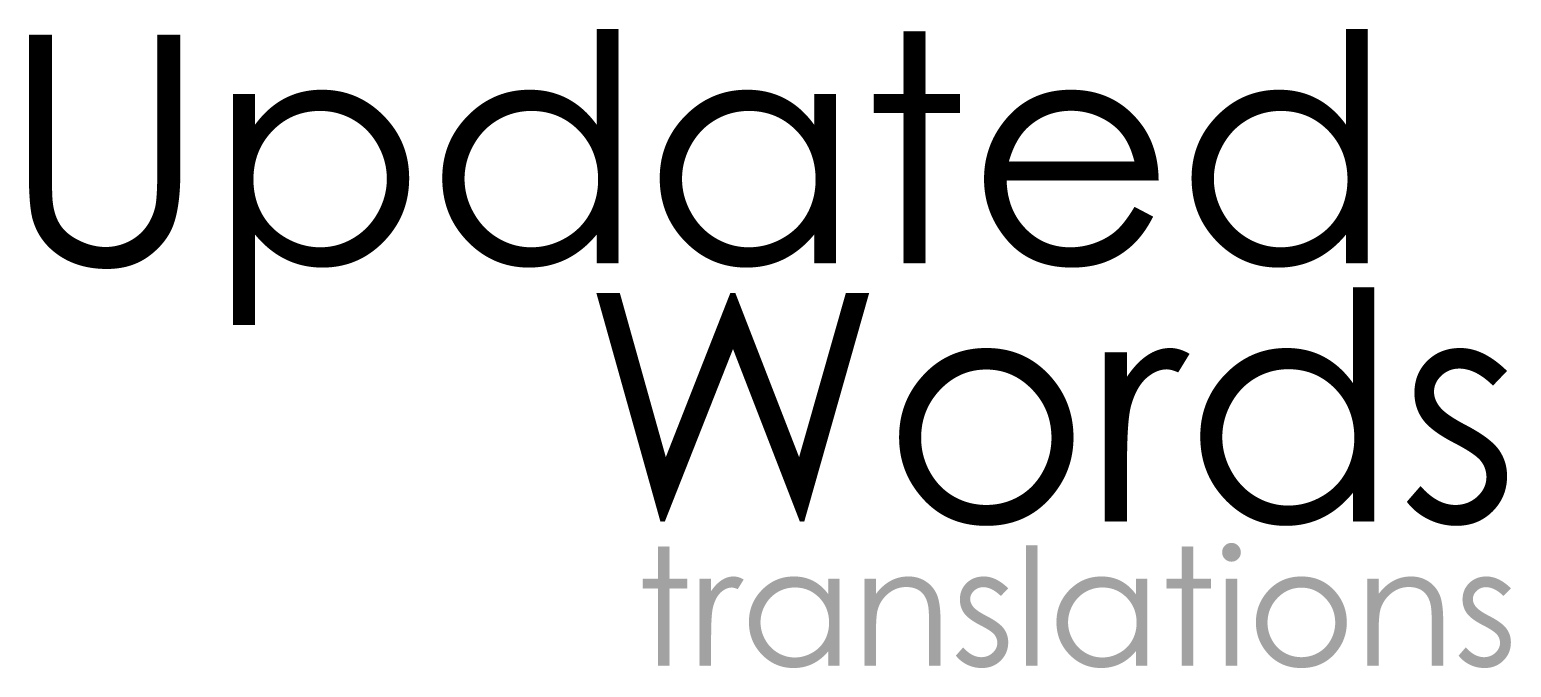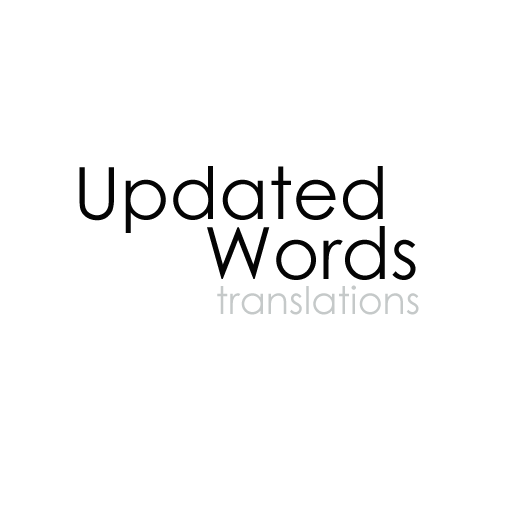Certify someone’s translation. Can a Certified Translator review someone else’s job and then certify it? No! A Certified Translator can only certify their work, it is no ethical or legal to put our stamp and certify a translation that we have not done ourselves.
My experience
Years ago, I was contacted by a client who had paid someone to translate a document for him. Since that person was not a Certified Translator, he could not get his translation certified and needed a Certified Translator to do that. He contacted me and asked if I could review the translation, so “it would become mine” and then certify it.
I explained to the client why I could not do it and I got the job in the end.
Technically is not theirs anymore, but ethically It is never “mine”
When a translator proofreads someone else’s translation, that work is never theirs. We read that translation against the original document in the source language and identify possible errors in the translation. Our comments will then go to the person who has done the translation, so they have the chance to respond to our comments and accept or decline our suggestions. I have done this lots of times.
The translation is never mine, I am just reviewing it and pointing out possible errors. The author of that translation may not agree with me and they have the right to express their view. If I had reviewed that translation and then “make it mine” it would be ethically wrong. According to AUSIT Code of Conduct and Code of Ethics, when reviewing a translation we must return it to the translator for comment and approval. If alterations are made without the translator’s approval or knowledge after delivery, then the translation no longer belongs to that translator.
T9 If a translation is subject to revision or checking by another translator, the revision is returned to the original translator for approval and finalisation. If changes are made to the translated text after delivery to the client without the translator’s agreement and knowledge, the translator is no longer responsible for the translated text.
Technically if I made changes It would no longer be the responsibility of my colleague, but it wouldn’t be ethical to do so. That’s why I did not do it. I can only certify a translation that was done by me. I cannot certify a translation that was done by another person, even if I reviewed it.
My advice
This is why I always recommend clients to know the rules in regards to Certified Translations. Different countries may have different regulations and it is essential we are aware of these rules before engaging a translation service. This client paid twice for the same service. I could not do it for free, even though I felt sorry he paid for it to be done previously without the certification.
In Australia, all Government applications that contained documents in a foreign language must be translated by a NAATI Certified Translator. You can find our names at NAATI’s Directory. For Portugal, the rules are different, but if you are in Australia, you also have to submit translations done by a NAATI Certified Translator, to then be recognised by the Portuguese Consulate, according to their rules.
Both NAATI and AUSIT provide lots of information regarding this issue on their websites, so clients know what to do and how to engage a professional language service. In the end, it saves you money, guarantees quality and compliance.

